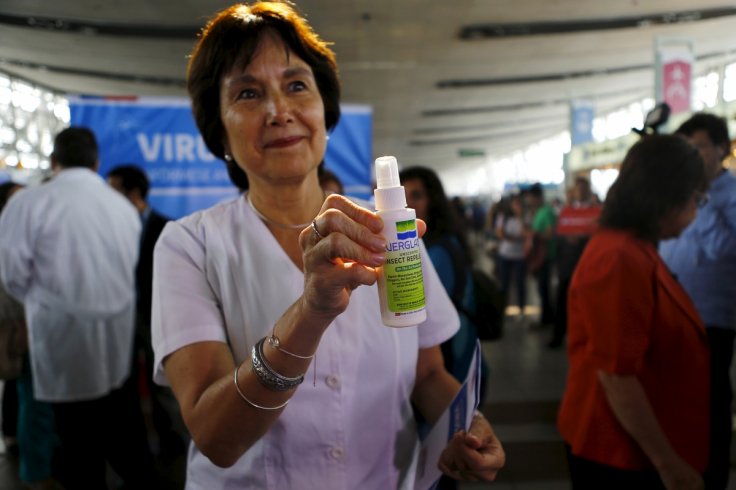
Zika virus infection has been reported in the United States and Australia, heightening concerns amid global contagion fears.
The Centers for Disease Control (CDC) said the patient from Texas was infected with a rare case of sexually transmitted virus. Nearly all of reported Zika infections are transmitted through mosquito bite.
The patient had not travelled to infected areas but their partner had returned from Venezuela, BBC reported citing officials.
In Australia, two cases of the virus were confirmed in patients from Sydney area. Both had recently travelled to the Caribbean, officials said.
In Brazil, officials said 404 cases of microcephaly in babies caused by Zika infection have been confirmed. The confirmed cases of microcephaly, a foetal deformation in which infants are born with smaller-than-usual brains, had stood at 270 last week.
On top of the confirmed cases, the health officials are reviewing nearly 4,000 cases of suspected microcephaly.
The health ministry also said 76 infants might have died from microcephaly, either during pregnancy or just after birth, during the current outbreak.
The World Health Organisation (WHO) declared the rise in cases of brain damage in newborn babies caused by Zika virus a global public health emergency on Monday.
WHO Director-General Margaret Chan said a global response was needed to contain the outbreak. Chan said it was "strongly suspected but not yet scientifically proven" that Zika causes microcephaly.
WHO said last week the disease might spread to four million people in the Americas. But health experts have warned it could infect more.
Greater risk
The sexual transmission of the disease through sex poses even greater risk of the disease spreading to regions that don't have the Aedes mosquito.
According to the global agency, the virus has spread to 25 countries in the central and south Americas. Cases have also been reported in the southeast Asia, Europe and New Zealand.
Scientists have estimated that a vaccine for the dreaded virus will be ready in two years but its public availability will not happen in less than ten years.








